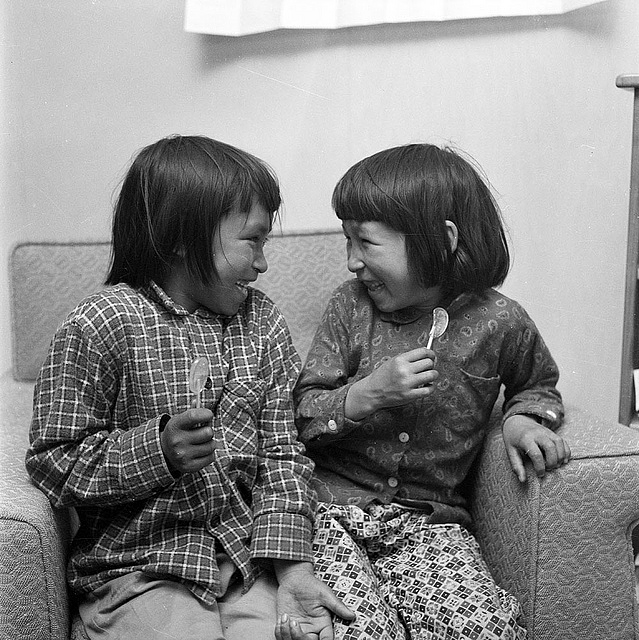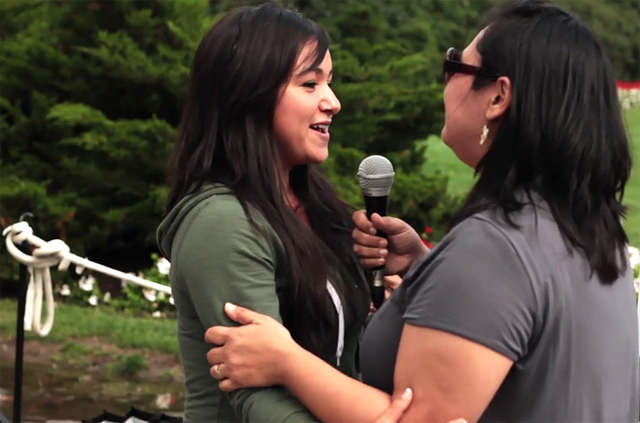Madeleine Redfern, the outspoken mayor of Iqaluit, complained last month about sexual harassment by powerful male Inuit leaders and she has been excoriated, as well as praised, for her comments ever since. She was addressing a Standing Committee on the Status of Women in the Canadian House of Commons when she said, according to a news report, “When our Inuit male leaders travel with their female staff, they think it’s a benefit and a perk that they can actually sexually harass, sexually assault or have relationships with women on the road.”

Redfern said subsequently that she has had death threats because of her condemnation of the behavior of male Inuit leaders toward women and she has, she said, been viciously attacked online. But she has also gotten strong support from Facebook and Twitter posts on the Nunavut pages of the CBC. One person wrote, “I have stories about this behaviour.”
A number of women reported on their own experiences though none of them were willing to let the CBC News repeat their stories publicly. Elisapee Sheutiapik, a former major of Iqaluit, which is the capitol of the Nunavut territory, was quite willing to be quoted by the media. While she said she was shocked by Ms. Redfern’s comments, she did admit that she was harassed while she was mayor and taking a job-related business trip. She added that the abuser was a non-Inuk bureaucrat and she did report the incident after her trip.
Sheutiapik is now in the Nunavut government, serving as minister responsible for the status of women. However, she criticized Mayor Redfern for singling out Inuit men as she did. She said that sometimes Inuit men are quite vulnerable so “let’s be careful what we say here.” Discussions about this issue need to be kept in context, she urged.
The Premier of Nunavut, Joe Savikataaq, at first said that Ms. Redfern’s comments painted all Inuit male leaders as sexual predators, though the mayor subsequently amended her comments to condemn “some” men. The premier told CBC News that he was unaware of any allegations of sexual assault or harassment within his government. His office subsequently released a statement that he was reviewing the harassment policy of the territorial government. “As a male leader, as a father, grandfather, husband, and ally to women, I re-commit myself to this movement,” the statement said.

Rebecca Kudloo, the president of Pauktuutit Inuit Women of Canada, told the CBC that of course the national advocacy organization for Inuit women was well aware that harassment exists, but they were not aware of specific incidents such as Redfern has raised. She said that Ms. Redfern was entitled to speak up about what she is experiencing or is hearing from other women, but Kudloo was not aware of current cases.
Ms. Kudloo said that other issues also need to be considered to provide a more holistic context to the sexual harassment issue. She pointed to inter-generational traumas and shortages of housing in Nunavut as possible causes of abuse.
Premier Savikataaq, via an email from his press secretary, said he has asked officials to review the Nunavut policy on sexual abuse and harassment and to strengthen it wherever necessary.